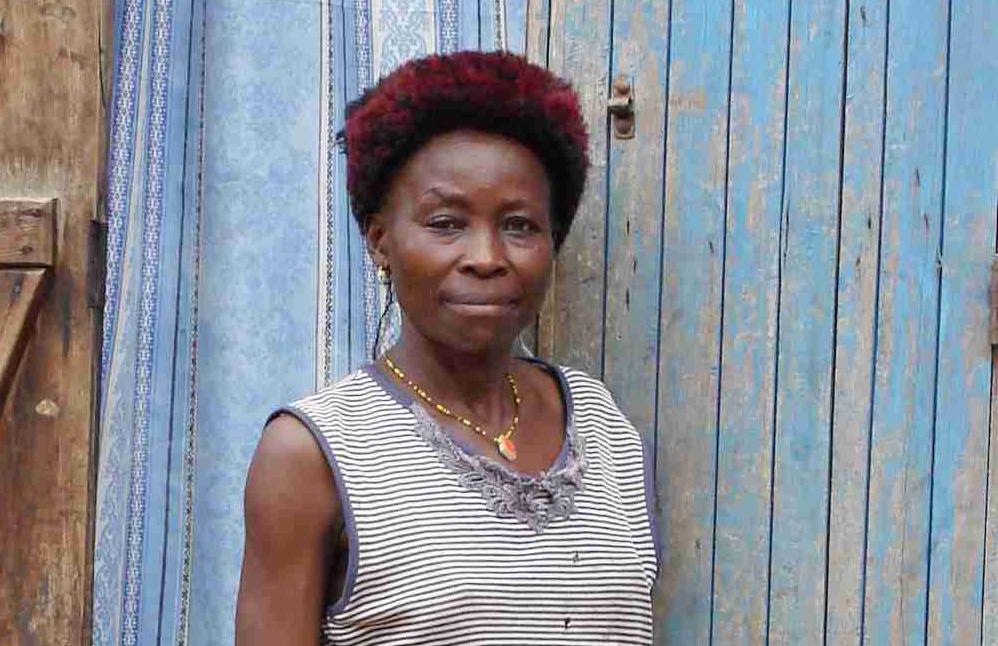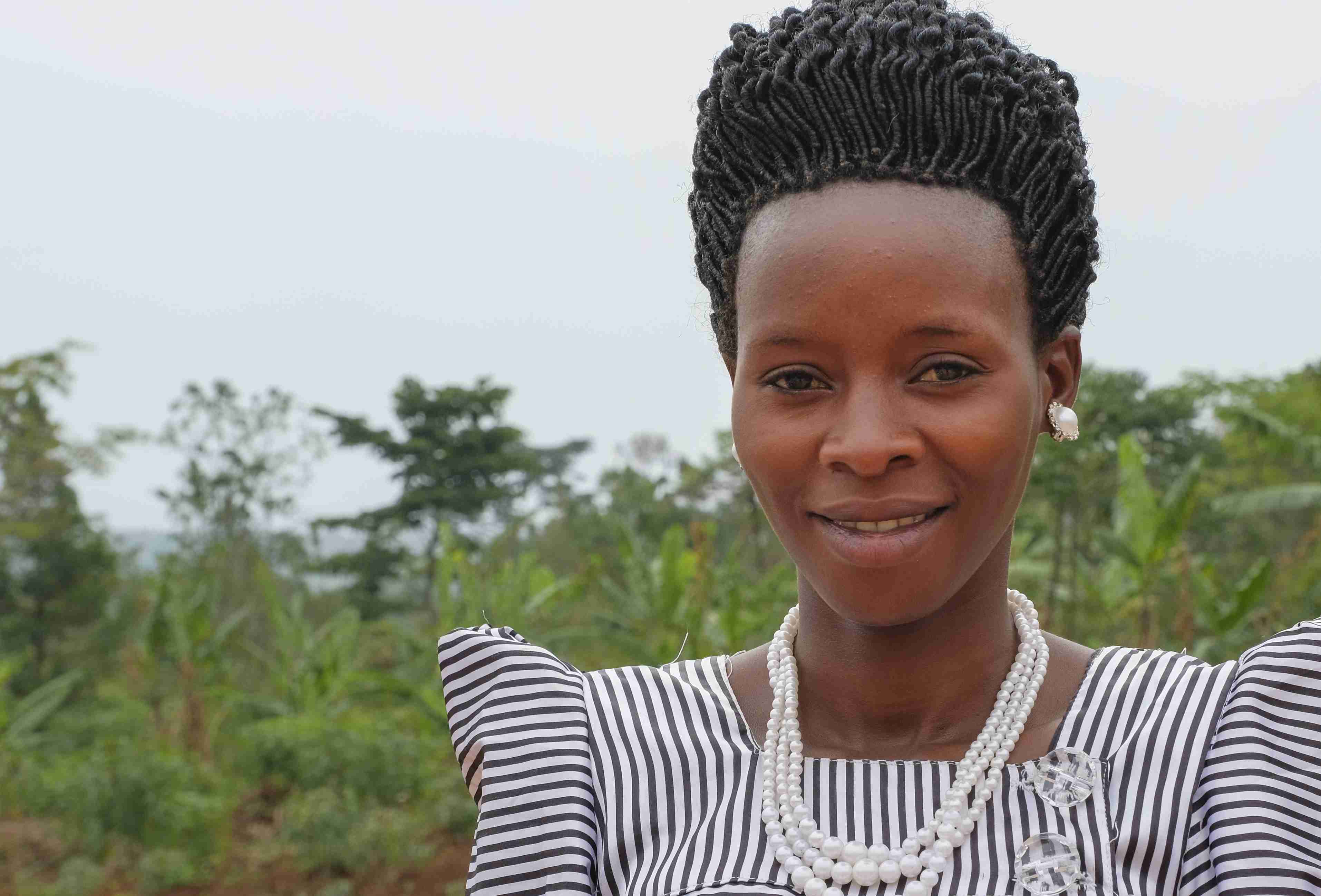Not only on Women’s Day arche noVa supports those demands, since menstrual hygiene is part of our focus: Water, sanitary and hygiene. According to the international Sphere standard we adapt our projects gender-equally to the needs of people.
Everywhere in the world women want to handle their period in the best way possible. But reality looks different in many places: 630 million women and girls of childbearing age have no access to toilets. Also hygiene articles are missing. In many countries women and girls have to manage with paper, fabric remnants, plant leaves or plastic. Out of shame they hide these washed out tools. Often they receive no money out of the household budget to care for themselves. There are even cases where women do not have enough underwear and so are unable to use hygiene articles.
Poverty, prejudices, taboos and myths are turning the biological process into a problem for women. In some countries they are treated like “lepers” during their period and therefore forbidden to do certain things: preparing food, leaving the house, touching somebody. Stigmatisation, taboo and bad supply often go hand in hand.
In Mali, Uganda, Pakistan and other regions, girls regularly stay away from school or drop out of school at all, because they have no access to toilets. Many bigger and smaller obstacles concerning menstruation have severe negative effects on health, wellbeing and the social position of women.
We say: Put an end to that!
And we contribute our part: Each project where we construct toilets is an important step for women and girls for a better supply, more privacy, security and less discrimination. In Pakistan for example we are building shower-toilet-combinations where women can manage their monthly period undisturbed. In Iraq, sanitary towels are a regular part of our hygiene kits for inhabitants of emergency shelters. In Mali we are constructing school toilets which make sure that girls will be missing less classes.
But a part of the truth is the fact that our colleagues and local partner organisations are also facing resistance when engaging for more gender equality. In some countries monthly hygiene is difficult to include into our educational work. Therefore time and special sensitivity is needed. We are not discouraged though and are increasing our activities on improving menstrual hygiene in our projects.
That is why we ask you on this International Women’s Day in solidarity with the women lacking basic supply: Donate 50€ for our WASH projects worldwide today!

































